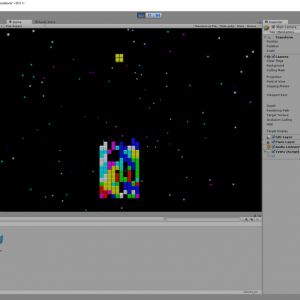
Witnessing the Emergence of a New Ada Era
For nearly four decades the Ada language (in all versions of the standard) has been helping developers meet the most stringent reliability, safety and security requirements in the embedded market. As such, Ada has become an entrenched player in its historic A&D niche, where its technical advantages are recognized and well understood. Ada has also seen usage in other domains (such as medical and transportation) but its penetration has progressed at a somewhat slower pace. In these other markets Ada stands in particular contrast with the C language, which, although suffering from extremely well known and documented flaws, remains a strong and seldom questioned default choice. Or at least, when it’s not the choice, C is still the starting point (a gateway drug?) for alternatives such as C++ or Java, which in the end still lack the software engineering benefits that Ada embodies..






